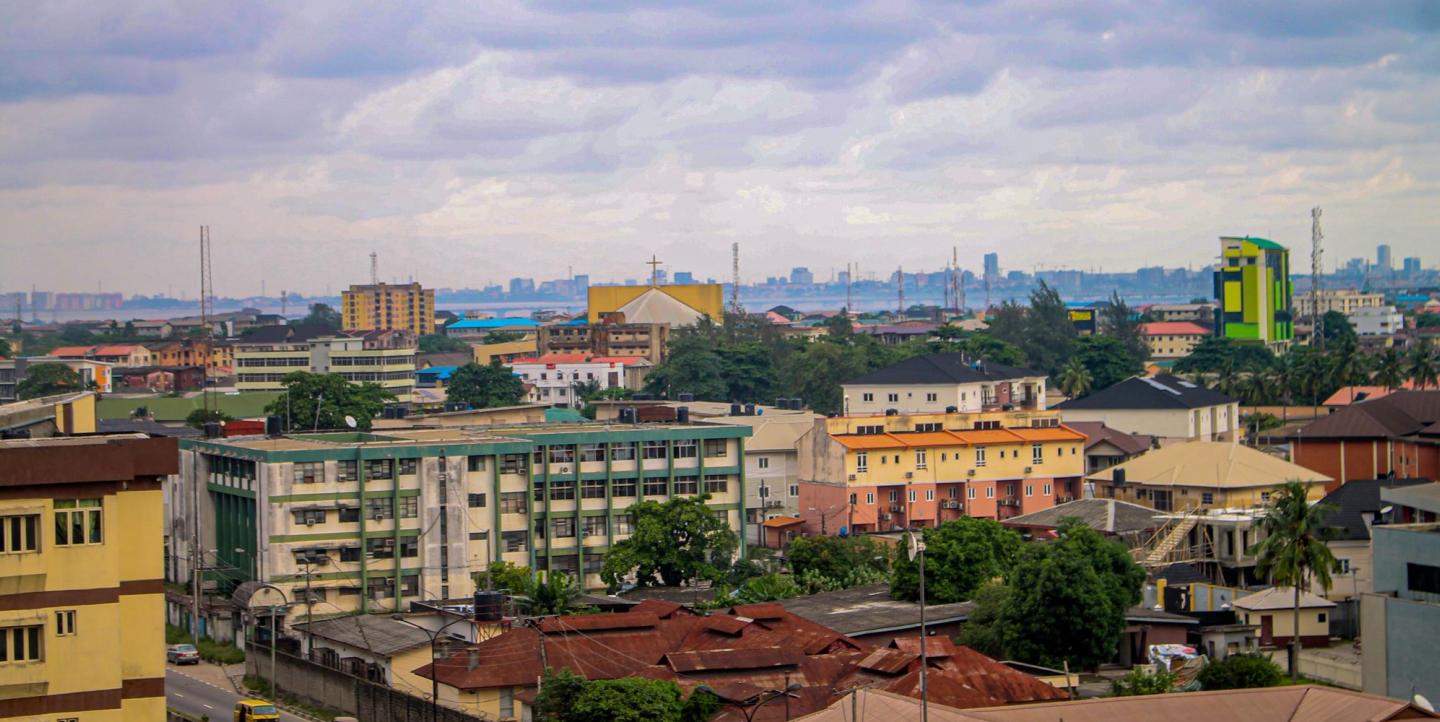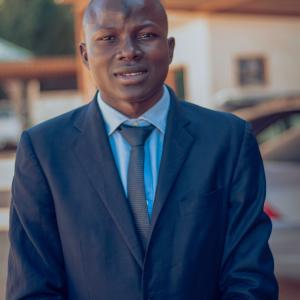Before Nigerians went to the polls in late February to elect their next president, the country’s National Electoral Commission raised voters' hope of transparency by promising that results would be verified electronically instead of manually.
Many applauded the move, hoping that it would curb corruption. However, local and international observers still reported irregularities and a lack of transparency around the election.
Journalists reporting on the contentious election did so at risk to their own safety, and amid efforts to censor their coverage.
Attacks against election reporters
The Nigerian Constitution stipulates that journalists have the freedom to report and promote accountability. The country also has a media code for elections reporting which charges journalists with carrying out a watchdog role and providing credible information to inform voters and uphold transparency.
And yet, journalists’ safety remains a worrying concern. At least 14 media workers were either attacked, detained or harassed during this year’s elections, reported the Committee to Protect Journalists. This comes after 250 journalists were attacked while covering the country’s 2019 elections.
Bolanle Olabimtan, a judiciary correspondent for The Cable, described how she was verbally and physically attacked by hooligans this year while reporting at the polls in the community of Owa, in southern Nigeria. “I couldn't discern how I felt, but my heart was racing and thinking of how to get out of the place alive and unhurt,” she said. “One of them hit me from the back. I hit my back on the wall and fell to the ground. He dragged my phone from me and bent one of my fingers.”
As soon as she regained her strength, they went after her reporting. “One of them came close to me and instructed me to open my phone which I did. He deleted some of my pictures and videos,” she said.
Haruna Mohammed Salisu, the publisher of WikkiTimes, was attacked by a group that supported the state governor when he was filming protesters in Bauchi Governor Bala Mohammed's hometown in the Alkaleri local government area. “I was simply trying to document the events of the day and give a voice to citizens [who have] the right to complain, when I was suddenly accused of attempting to embarrass the governor by filming protesters,” he said.
Salisu tried to explain to security that he was only doing his job, but still they arrested and detained him for five days. “They refused to listen to me. One of the security officers with the governor came up to me and forcefully took my phone, ordering me to unlock it so he could view the footage [I recorded],” said Salisu. “As the interrogation continued, the thugs resurfaced and began to assault me. Then, the police whisked me away. I felt traumatized.”
Salisu added: "My recent arrest and detention were a clear attempt to silence my voice and suppress the important work I do as a journalist.”
Dayo Aiyetan, the executive director of the International Centre for Investigative Reporting, shared a similar tale of harassment, describing how he too was attacked by political hooligans in Abuja while reporting on election day.
“I was recording the scene when a guy told me to stop, I did. In seconds, I was surrounded by hordes of people,” he tweeted. “A guy brought a knife and tried to stab me. Fortunately, apart from a few scratches, I escaped unhurt.”
Prioritizing reporter safety
Journalists should prioritize their safety while reporting on elections, advised Lekan Otufodunrin, the executive director of the Media Career Development Network. Media outlets must also equip their staff with necessary safety skills and knowledge.
"It is very condemnable that numbers of journalists were attacked despite the admonitions to security operatives to see journalists as partners in ensuring democracy,” said Otufodunrin. “Culprits should be penalized to serve as a deterrent. Politicians need to take caution in attacking journalists who they feel are not reporting favorably [about] them."
Ejiro Umukoro, the executive director of LightRay media, urged newsrooms to have protection and life insurance policies for their reporters. She also recommended more training for security personnel.
"There should be a lot of training for the security operatives on how to work collaboratively with the media so that they can see the media as co-collaborators whom they treat with respect and decorum and not perceive as threats because they are the fourth estate as enshrined in the Nigerian constitution, where this rule of engagement is inherent," she said.
Photo by Stephen Olatunde on Unsplash.


